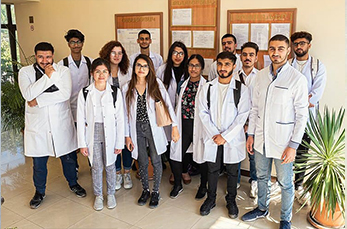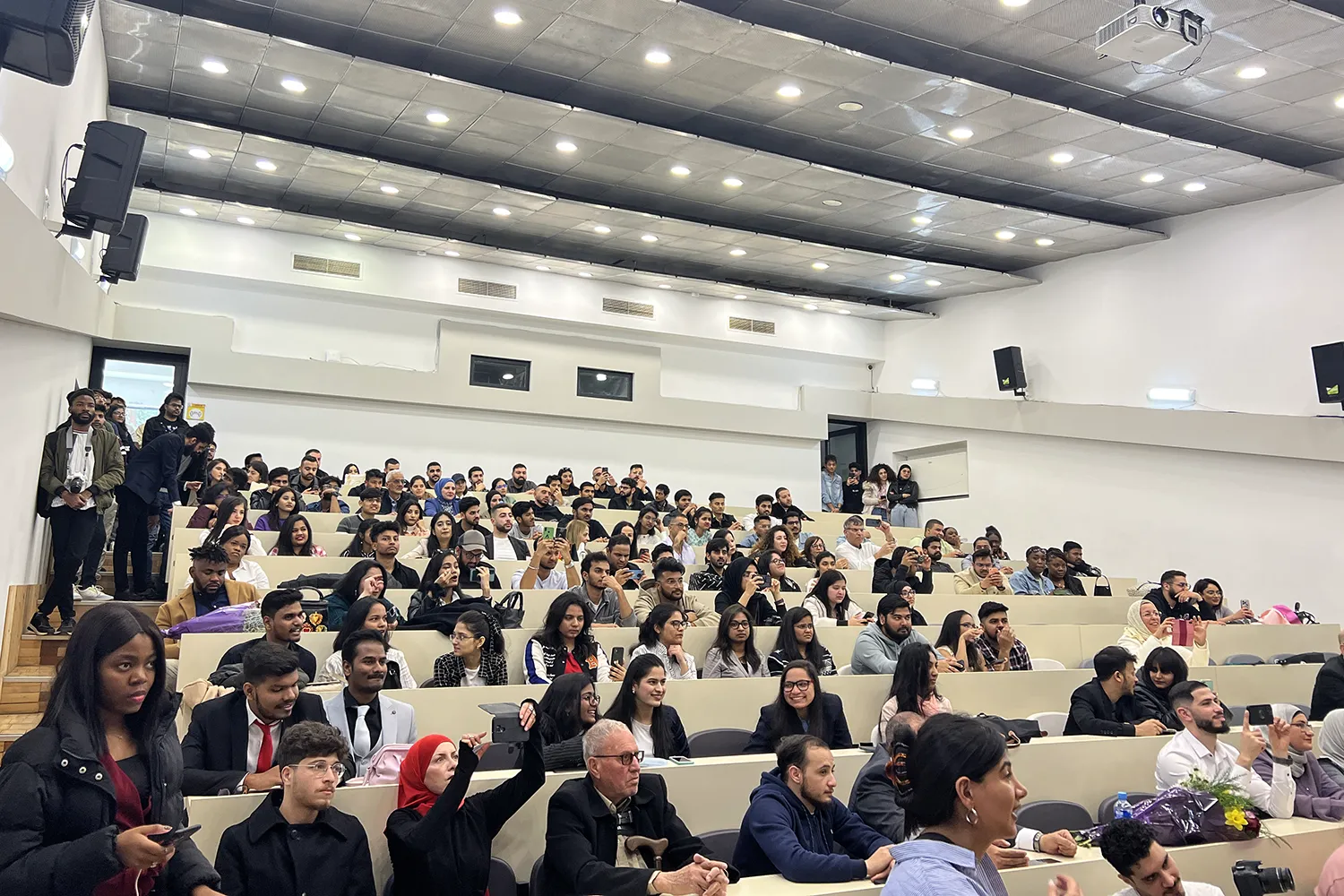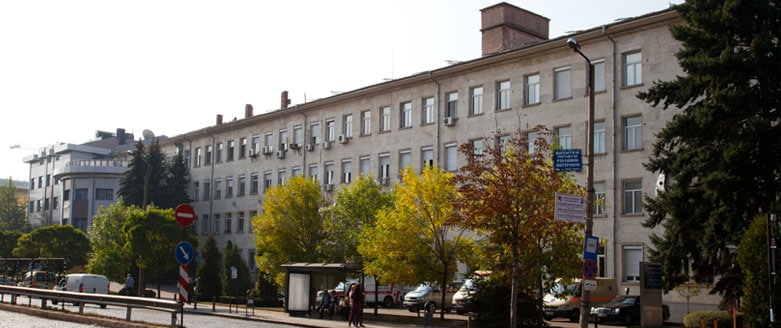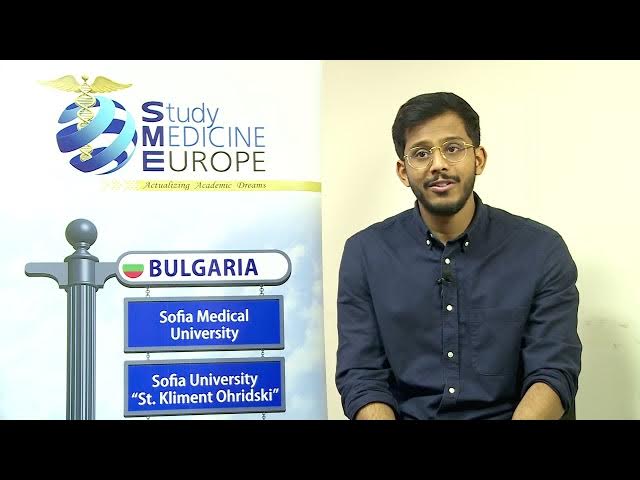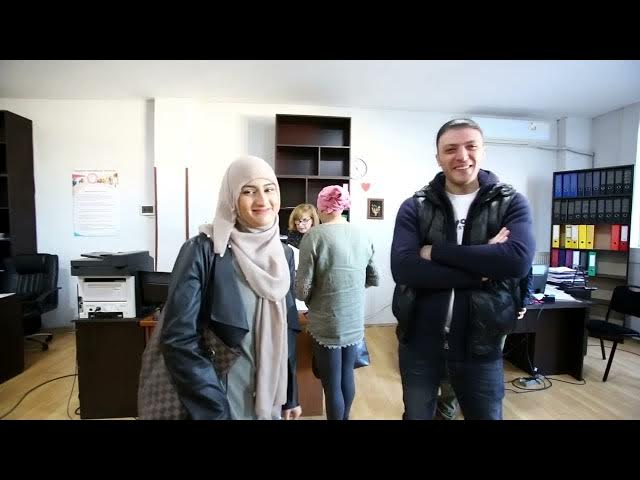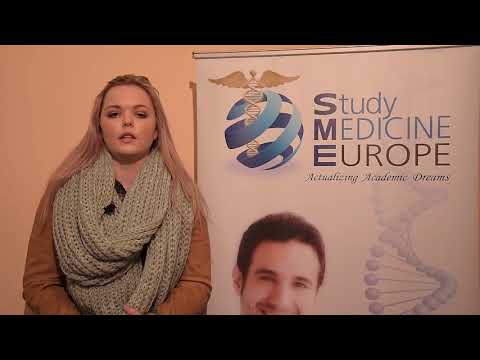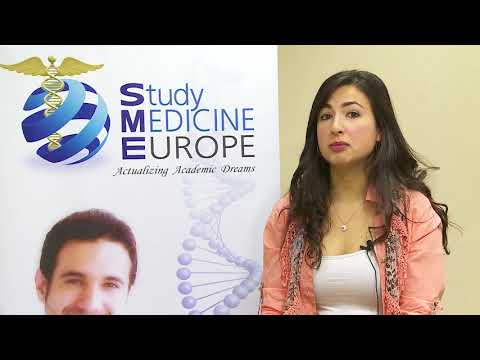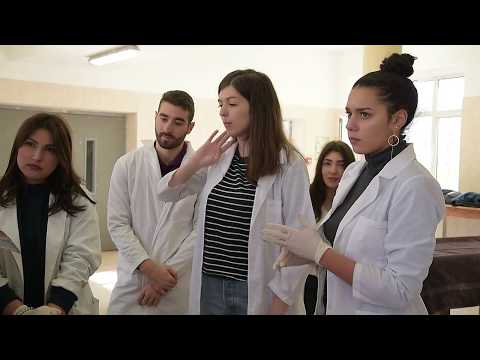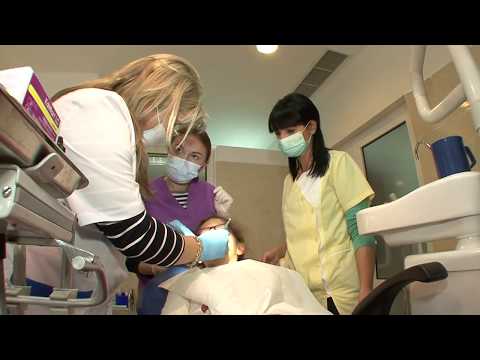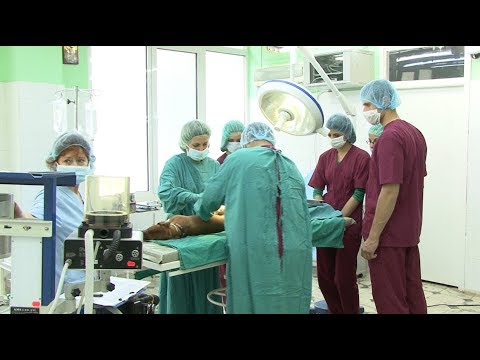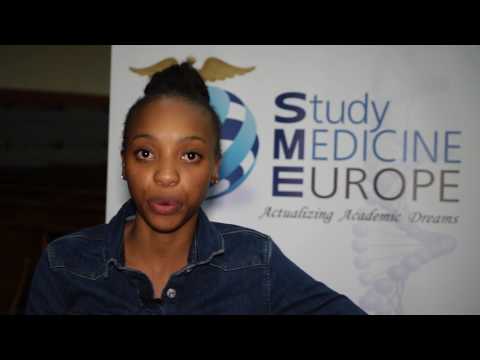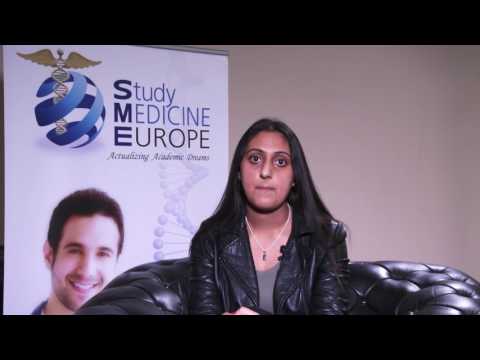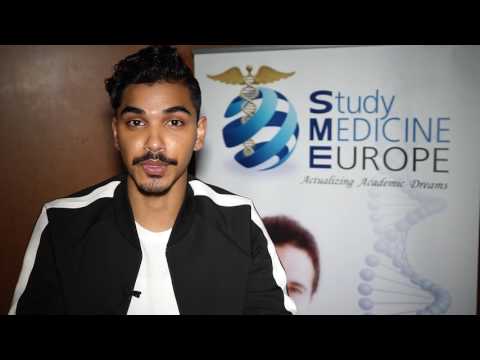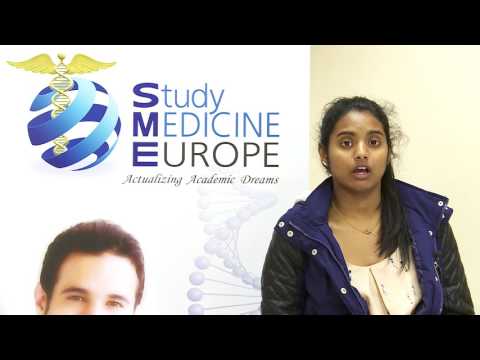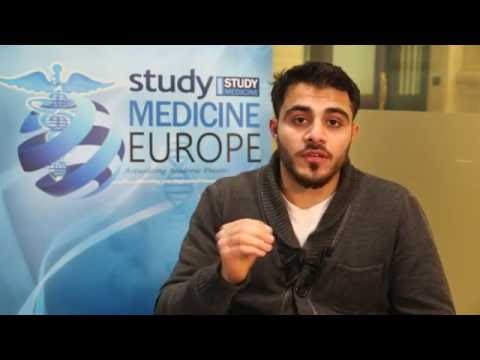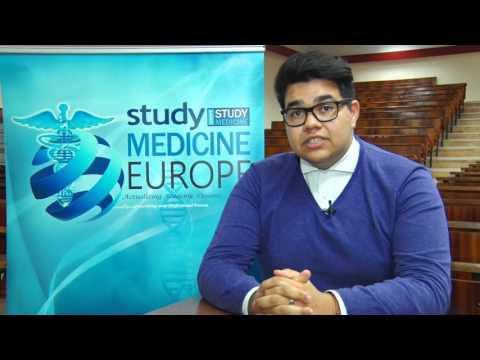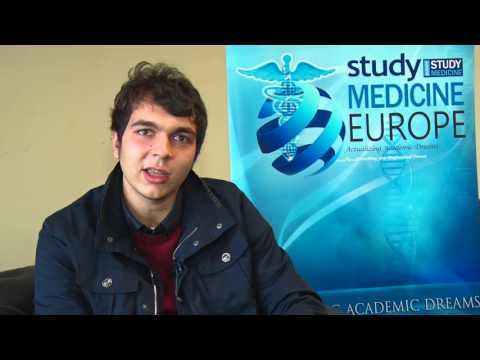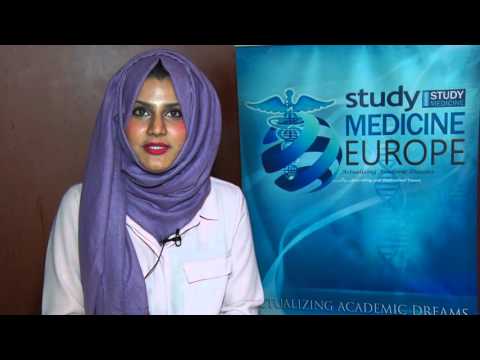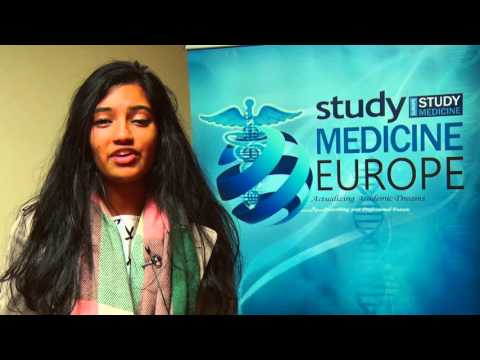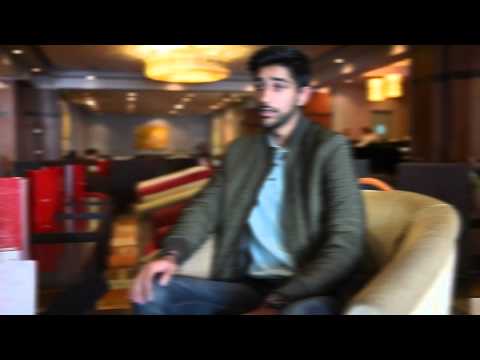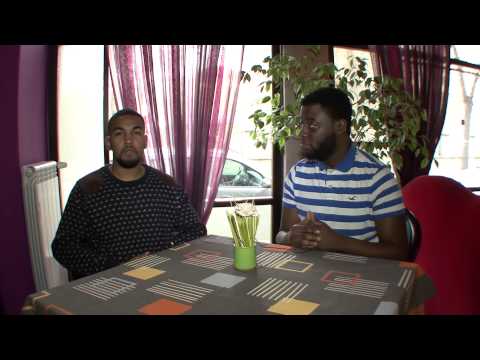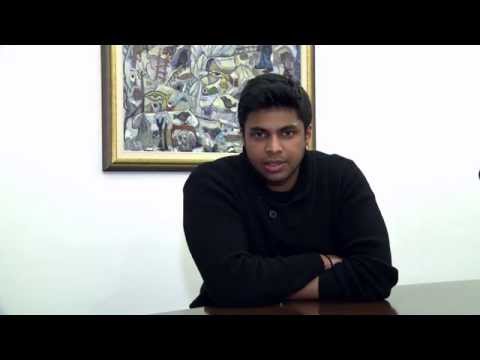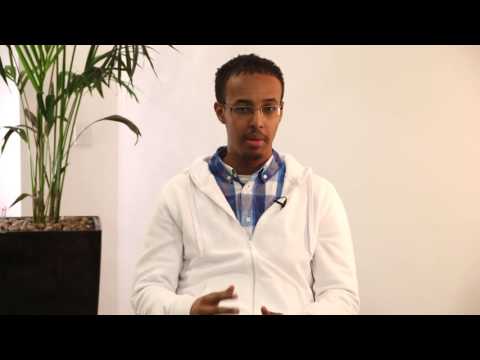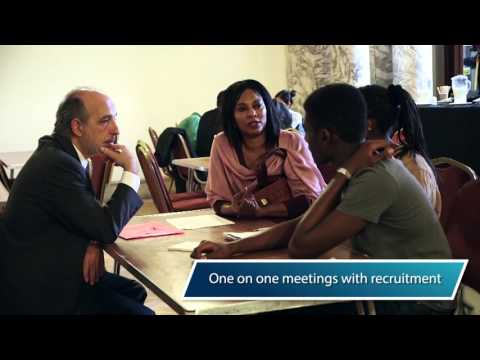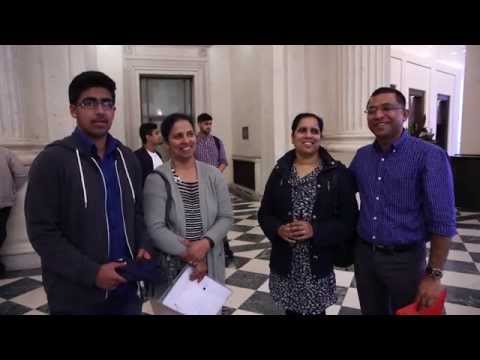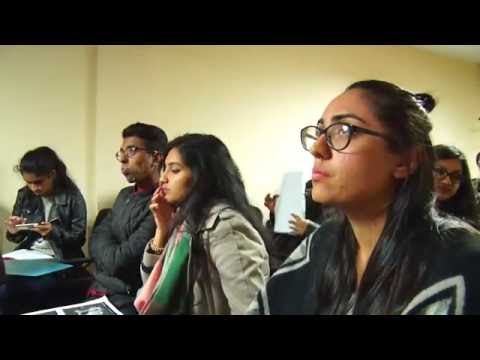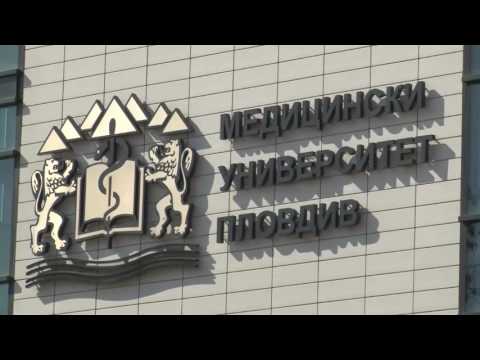Why Study Dentistry in English at Sofia Medical University?
Admission
Exams in Biology, chemistry & English
Tuition fees
€9,000/year
DURATION
6 Years
Intake
October
Funding
Not Available
Online Option
Not Available
+ Why Choose Sofia Medical University?
- The Sofia Medical University was established in 1917 by Tsar Ferdinand I.
- Shortly after World War II, it seceded from the main university to become a dedicated Medical College with faculties for medicine and dentistry.
- It formally became a Medical University in 1995 and was soon granted international accreditation.
- Today, it is one of the largest and most prestigious educational and scientific centres not just in Bulgaria, but throughout the Balkan peninsula.
- It currently has 6,200 students enrolled, with those students conducting research on and contributing to internationally recognised achievements in fields such as cardiothoracic surgery, neurosurgery, ophthalmic surgery, cardiovascular and inherited diseases prevention studies, and bone marrow transplantation.
+ What does the 6-Year Dentistry programme involve?
- The dentistry programme lasts for six years, spanning 11 semesters of academic and clinical training before a six-month internship, and is taught entirely through English.
- The first two years of the programme focus on academic study and dental theory, with the following three years concentrated on clinical training including general clinical practice and apprenticeship.
- Students will also undertake mandatory summer practical internships in years 2-4.
- The course concludes with a six-month internship in the second half of year 6 (covering paediatric, oral and maxillofacial surgery experience, denture dentistry, conservative dental.
- Upon successfully completing the programme, students are awarded a Master’s degree and granted the title of Dentist, plus all associated privileges within the EU and beyond.
- Graduates from the university find work in the UK, the USA, Australia, Canada and many other locations.
+How much does the programme cost?
| Programme | Programme Starts | Annual Fees () |
|---|---|---|
| Dentistry | October | 9,000 |
| Living Costs | Monthly () | Annually () |
|---|---|---|
| Rent (private accommodation) | 219–277 | 2,628–3,504 |
| Food | 183 | 1,825 |
| Books | – | 292 |
| Electricity & Gas | 37 | 355 |
| Water | 7 | 73 |
| TV Cable / Internet | 15 | 175 |
| Public Transportation | 15 | 146 |
| Total | 475– 533 | 5,504–6,380 |
+ Admission to Sofia Medical University
Candidates are required to submit the following documents:
- Completed application form including brief biographical data, educational history and any courses for which the candidate is applying
- Copy of a diploma confirming completion of secondary education, with an academic transcript stating the disciplines studied
- Document issued by relevant authorities which certifies the right to continue education in higher schools and universities in the country of origin of the secondary school attended by the candidate
- Health certificate issued no more than one month prior to application and verified in the country from which the candidate is applying
- Two 4-5cm photographs
+ Life in Sofia
- Sofia is the capital city of Bulgaria and has a population of 1.2 million, making it the country’s largest city. It is situated in the west of Bulgaria.
- The city officially became known as Sofia in 1879 after Bulgaria’s liberation from Turkey, prior to which it had been called Srentets, a Slavic name.
- Amongst its main attractions are the Church of St Alexander Nevsky, the National Gallery of Bulgaria, the Russian Church of St Nicolas, the Rotunda of St George and the National Centre for Culture.
- Sofia is today a milieu of successive art and historical movements, with a seamless blending of historical landmarks and modern infrastructure.
+Life in Bulgaria
- Bulgaria is a country in the southeast of Europe with a population of around 7.5 million.
- It is regarded as a hub for economic activity and has been rendered a strong industrial and agricultural market economy.
- Bulgaria is a parliamentary democracy having a free market economy. It joined the European Union in 2007.
- Since 1990, the country has undergone a transformation which has seen a thriving economy and modernised education system, with its universities considered among the best in Europe.
- Bulgaria also has a very low cost of living compared to other EU member states, making it a popular location for students from all over the world.
Watch Our Videos
Real Success StoriesOpen DaysEntry ExamsNetworking Events
Reviews
+ 2022
2022
 2022
2022+ 2021
2021
 2021
2021+ 2020
2020
 2020
2020+ 2019
2019
 2019
2019+ 2018
2018
 2018
2018+ 2017
2017
 2017
2017+ 2016
2016
 2016
2016+ 2015
2015
 2015
2015+ 2014
2014
 2014
2014









